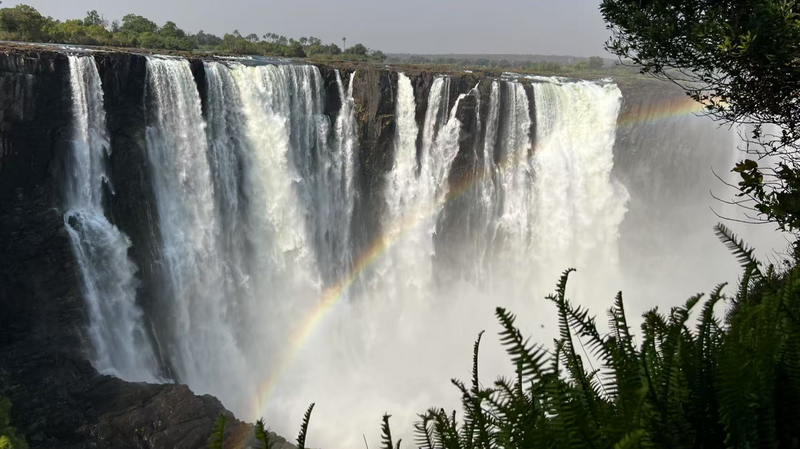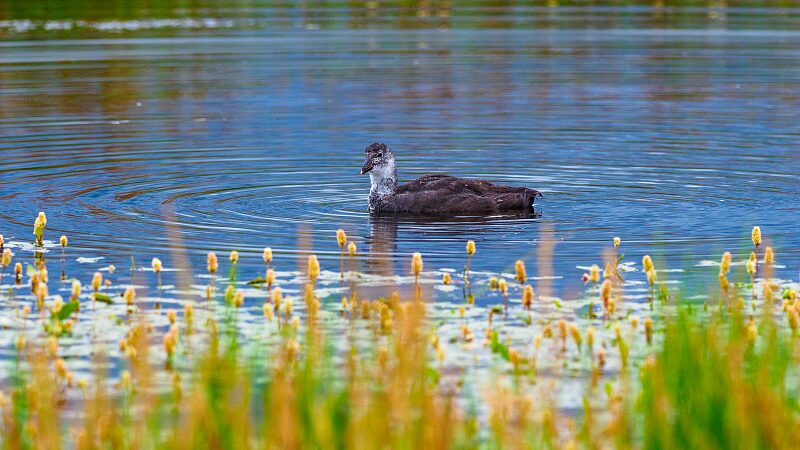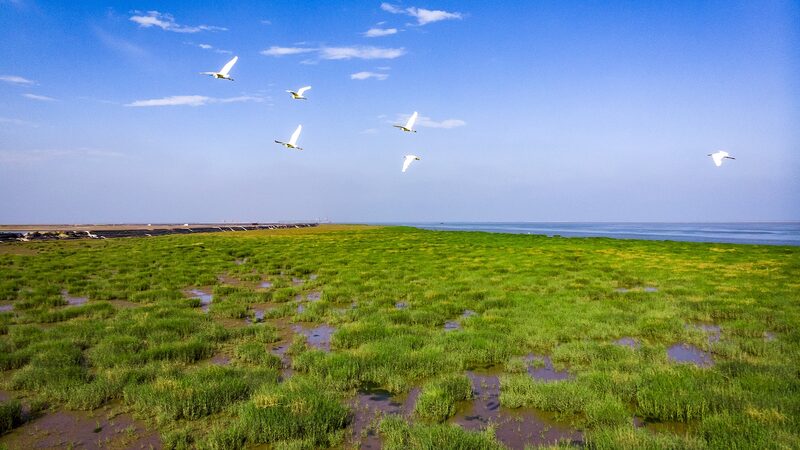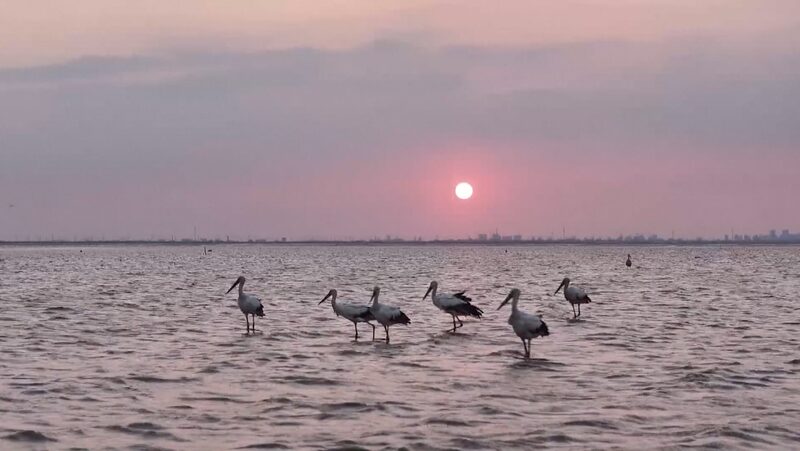As global wetland loss accelerates three times faster than forest decline, China and African nations are forging new partnerships to reverse this ecological crisis at the Ramsar Convention's COP15 in Zimbabwe. With Africa hosting 43% of the world's Ramsar-designated wetlands, the summit has become a critical platform for cross-continental collaboration.
Africa's Wetland Crisis
Zimbabwe's Lake Chivero – Harare's primary water source – exemplifies the continent's challenges: untreated runoff, mining pollution, and climate shocks threaten both ecosystems and human survival. 'We risk irreversible damage to food and water security,' warns Anthony Phiri of Harare Institute of Technology.
China's Restoration Blueprint
China's wetland area has achieved net growth through landmark legislation and the world's largest mangrove restoration projects. 'Our legal framework ensures public accountability for wetland protection,' explains Professor Lei Guangchun, highlighting transferable solutions for African partners.
Roadmap for Collaboration
Key priorities emerging from COP15 include:
- Joint development of climate-resilient wetland cities
- Technology transfers for pollution monitoring systems
- Training programs for 500 African environmental managers
- Co-designed financing mechanisms for green infrastructure
The Wuhan Declaration's legacy continues as delegates work to integrate wetland protection into global biodiversity frameworks, with China committing to share satellite monitoring capabilities and ecological engineering expertise.
Reference(s):
cgtn.com








